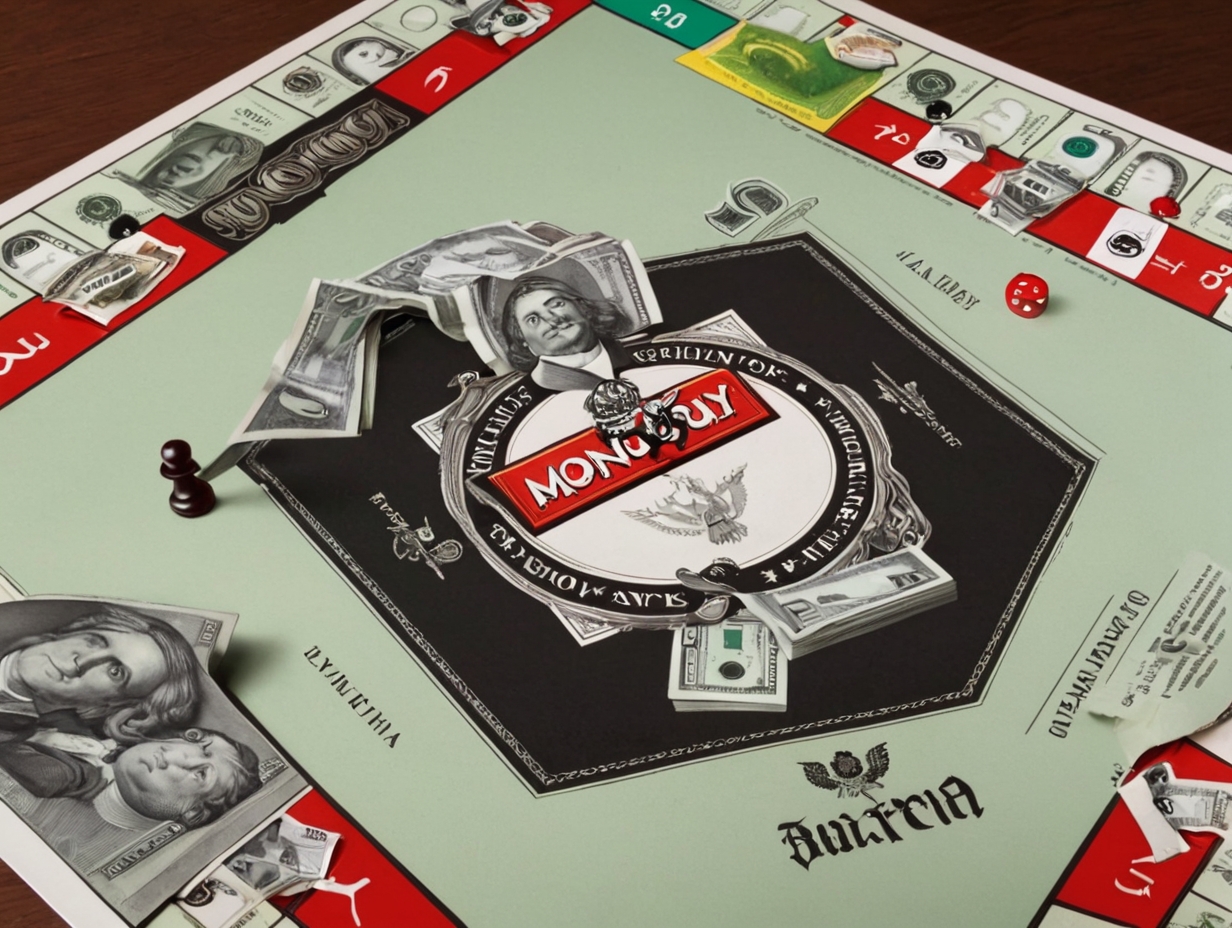In a startling turn of events, tech giant Apple finds itself embroiled in a legal battle with the United States Department of Justice (DOJ) over allegations of monopolistic practices related to its flagship product, the iPhone. The lawsuit, filed by the DOJ, contends that Apple has leveraged its dominance in the smartphone market to stifle competition and maintain an unfair advantage over its rivals.
Microsoft’s role in Apple’s success under scrutiny
Central to the DOJ’s case is the assertion that Microsoft played a pivotal role in the success of Apple’s iPod, ultimately saving the company from the brink of bankruptcy in the late 1990s. The lawsuit claims that Microsoft’s Windows operating system, which was ubiquitous at the time, facilitated the widespread adoption of the iPod by allowing for the development of a cross-platform version of iTunes. This move, according to the DOJ, paved the way for the iPod’s meteoric rise and laid the groundwork for subsequent successes, including the iPhone.
The lawsuit raises questions about Apple’s stranglehold on the smartphone market and its tactics for maintaining dominance. One of the key allegations is that Apple engages in anti-competitive behavior by blocking so-called “Super apps,” which make it difficult for users to switch between smartphones. Additionally, the DOJ contends that Apple’s exclusive deals with major music labels to offer music on its platforms for a fee-per-download price further solidify its dominance and hinder competition.
European Union pushes for interoperability
In parallel with the DOJ lawsuit, the European Union has been ramping up efforts to promote interoperability among tech companies, including Apple. The Digital Markets Act (DMA) aims to designate certain companies, including Apple, as gatekeepers and compel them to make their services interoperable. While Apple has made some changes to its App Store rules in response to the DMA, critics, including Microsoft, argue that the new policies are regressive and seek to exploit loopholes in the legislation.
As Apple finds itself entangled in legal proceedings with the DOJ and faces increased scrutiny from regulatory bodies like the European Union, the future of its dominance in the tech industry hangs in the balance. The outcome of these legal battles could have far-reaching implications not only for Apple but also for the broader landscape of competition in the smartphone market and the tech industry as a whole. Only time will tell how these legal challenges will unfold and what impact they will have on the future trajectory of one of the world’s most valuable companies.


